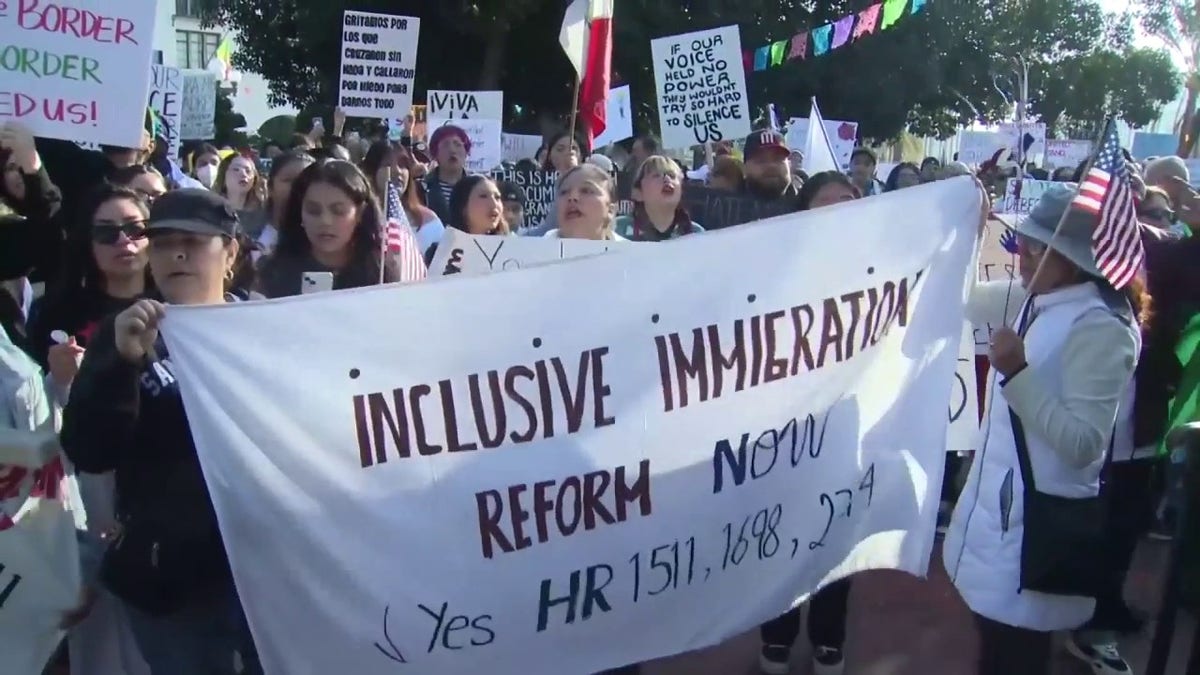New Charges Filed in Ongoing Immigration Case

About the People Mentioned
Kilmar Abrego-Garcia
Kilmar Abrego Garcia was born in July 1995 in the Los Nogales neighborhood of San Salvador, El Salvador. His family faced persistent threats and extortion from the Barrio 18 gang, which targeted his mother’s pupusa business and pressured his older brother Cesar to join the gang under threat of violence. To protect Cesar, the family sent him to the United States. When Kilmar was about 12, the gang shifted its focus to him, continuing the threats. At age 16, Kilmar was also sent to the US, crossing the Mexico–US border near McAllen, Texas, around 2011 or 2012. After arriving in the United States, Kilmar settled in Maryland with his brother Cesar, who had become a US citizen. In 2016, Kilmar married Jennifer Vasquez Sura, a US citizen. Together, they had one child, and Kilmar helped raise Vasquez Sura’s two children from a previous relationship. All three children have special needs, with Kilmar’s son diagnosed with autism and a hearing impairment, rendering him nonverbal. Throughout his time in the US, Kilmar Abrego Garcia had no criminal charges or convictions, including any gang-related offenses, in either the United States or El Salvador. Despite this, he was subject to deportation proceedings. His case highlights the complex challenges faced by individuals fleeing gang violence and the difficulties encountered in the US immigration system. Kilmar’s story is part of a broader narrative on immigration and deportation involving young people escaping violence in Central America, illustrating both personal and legal struggles in seeking safety and stability abroad[1].
About the Organizations Mentioned
Trump administration
The **Trump administration** refers to the executive branch of the U.S. federal government during Donald J. Trump’s presidency, initially from January 20, 2017, to January 20, 2021, and resuming with his second term starting in 2025. It was characterized by a mix of aggressive domestic policies, significant judicial appointments, and a distinct foreign policy approach that emphasized "America First" principles[4][8]. The administration’s key activities included **tax reform**, notably passing the $3.2 trillion Tax Cuts and Jobs Act, which represented the largest overhaul of the U.S. tax code in decades[5]. Trump also renegotiated trade agreements with major economies including Mexico, Canada, China, Japan, and South Korea, prioritizing bilateral deals over multilateral ones such as the Trans-Pacific Partnership (TPP), which the administration withdrew from early on[1][2]. The administration sought to protect American jobs by restricting cheap foreign labor and influencing agencies like the Tennessee Valley Authority to retain American workers[5]. On the judicial front, the Trump administration appointed over 200 federal judges, including three Supreme Court justices—Neil Gorsuch, Brett Kavanaugh, and Amy Coney Barrett—shaping the judiciary for years to come[4]. These appointments were among the most significant achievements, influencing U.S. law on multiple fronts. In foreign policy, the administration pursued a controversial agenda: it imposed travel bans on several predominantly Muslim countries, withdrew U.S. troops from northern Syria, and supported Saudi Arabia militarily despite congressional opposition related to the Yemen conflict[1][3]. It also fostered new international technology alliances, such as securing commitments from allies to exclude Chinese telecom giant Huawei from 5G infrastructure and signing AI cooperation agreements with the UK[5]. The Trump administration faced substantial political turmoil, including two impeachments by the House of Representatives—first in 2019 over Ukraine dealings, and again in 2021 following the January



















